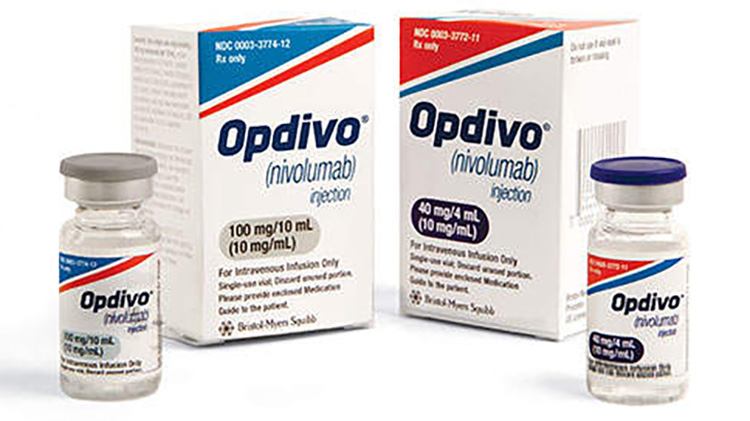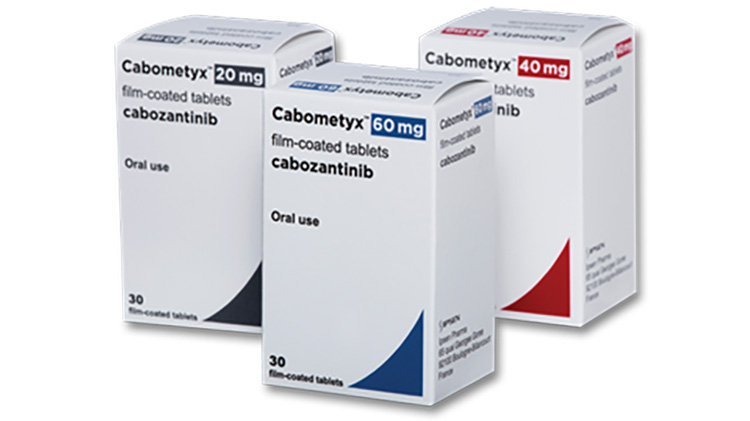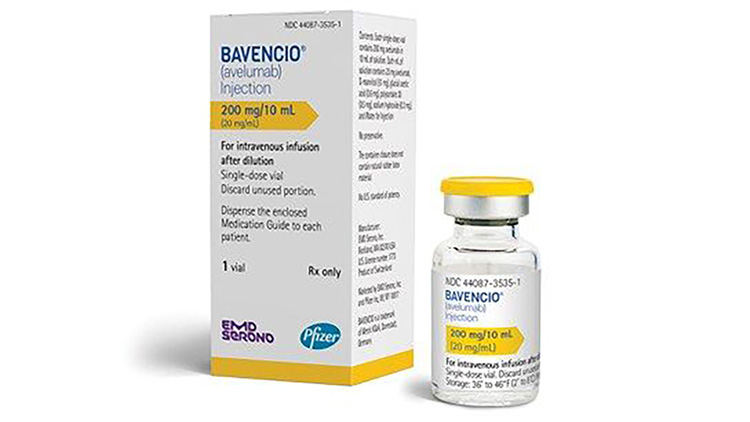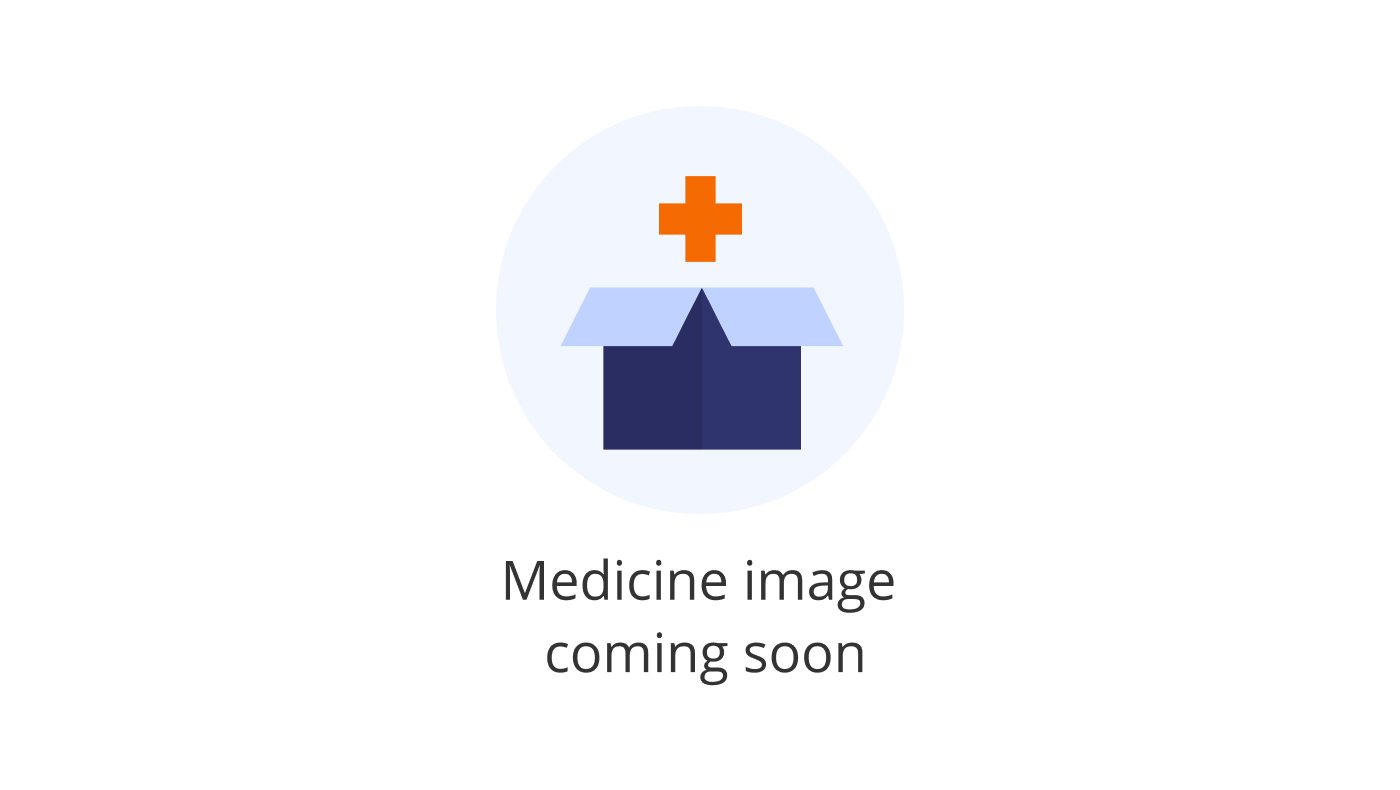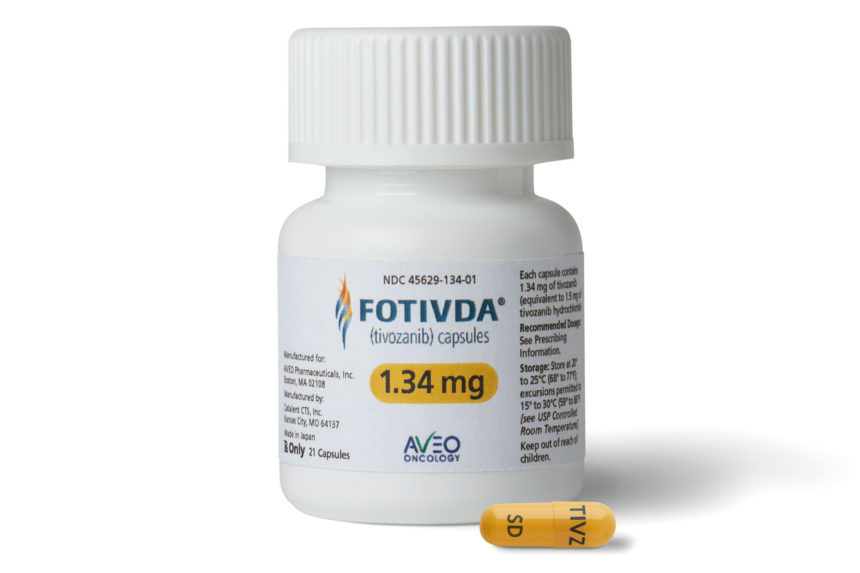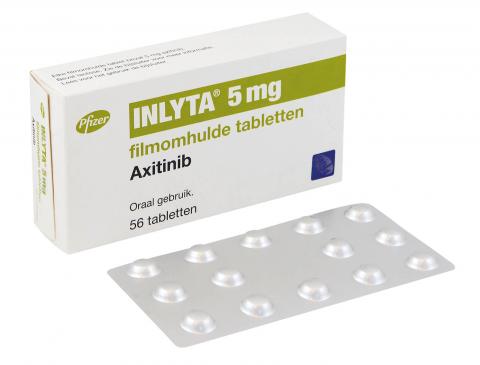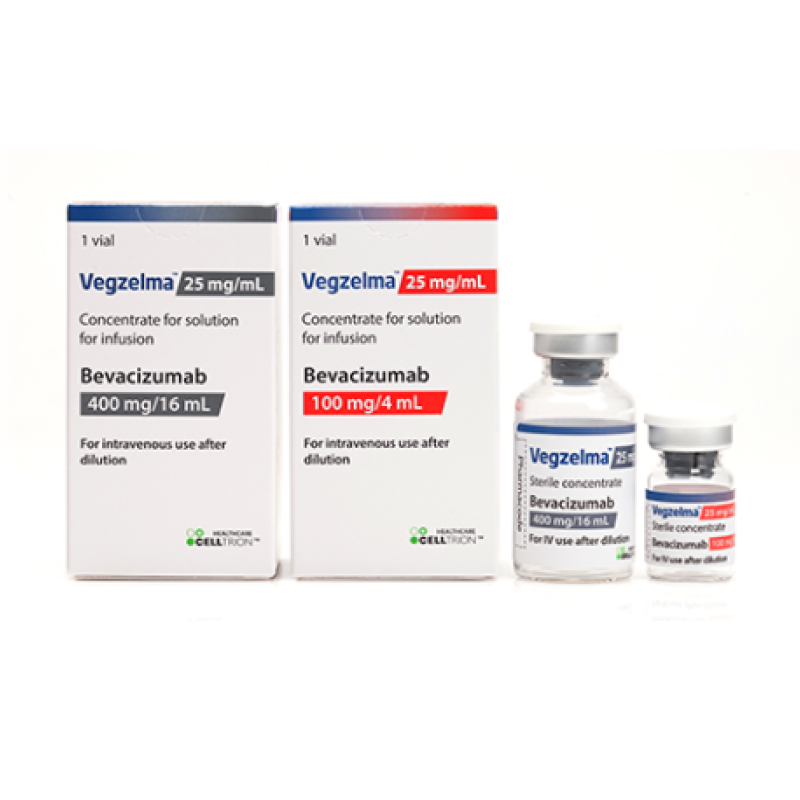New Kidney Cancer treatments 2024
New Kidney Cancer Treatments 2024
Kidney cancer, also known as renal cancer, is a type of cancer that originates in the kidneys, the two bean-shaped organs responsible for filtering waste from the blood and producing urine. The most common type of kidney cancer in adults is renal cell carcinoma, which begins in the lining of the small tubes within the kidneys. Symptoms may not appear in the early stages, but as the disease progresses, patients may experience blood in the urine, persistent back pain, unexplained weight loss, fatigue, and fever. Risk factors for developing kidney cancer include smoking, obesity, high blood pressure, and a family history of the disease. Early detection is crucial for effective treatment, which may involve surgery, targeted therapy, immunotherapy, radiation therapy, or a combination of these methods.
When researching treatment options for kidney cancer, it is important to consult with a healthcare professional who can provide personalized recommendations based on the specific stage and characteristics of the cancer. Surgery is often the first line of treatment and may include procedures such as a partial nephrectomy, where only the tumor is removed, or a radical nephrectomy, where the entire kidney is removed. For advanced or metastatic kidney cancer, targeted therapies, such as tyrosine kinase inhibitors or mTOR inhibitors, and immunotherapy agents, like checkpoint inhibitors, have shown effectiveness in slowing the progression of the disease. Clinical trials may also be an option for patients seeking access to cutting-edge treatments not yet widely available. The choice of medicine and treatment strategy should be made in close collaboration with an oncologist, taking into account the individual's overall health, treatment goals, and potential side effects.

Treatment options
| Treatment option | Estimated cost | Efficacy | Eligibility |
|---|---|---|---|
| Surgery (Nephrectomy) | $15,000 - $75,000 | Highly effective in early stages | Localized kidney cancer, operable patients |
| Radiation Therapy | $2,000 - $12,000 | Moderate, often used palliatively | Patients with localized disease or as palliative care |
| Targeted Therapy (e.g., Sutent, Nexavar) | $3,000 - $15,000 | Varies, can be effective in advanced disease | Metastatic renal cell carcinoma (RCC) |
| Immunotherapy (e.g., Opdivo) | $10,000 - $30,000 | Can be highly effective, especially in combination | Advanced RCC, after anti-angiogenic therapy |
| Immunotherapy (e.g., Keytruda) | $10,000 - $30,000 | Can be highly effective, especially in combination | Advanced RCC, specific biomarkers |
| Tyrosine Kinase Inhibitor (e.g., Cabometyx) | $15,000 - $20,000 | Effective in many patients | Advanced RCC, second-line treatment |
| Immunotherapy (e.g., Bavencio) | $13,000 - $17,000 | Can be effective, often used in combination | Advanced RCC, first-line treatment in combination |
| Multi-kinase Inhibitor (e.g., Lenvima) | $17,000 - $22,000 | Effective in many patients | Advanced RCC, in combination with other drugs |
| mTOR Inhibitor (e.g., Afinitor) | $15,000 - $20,000 | Effective in some patients | Advanced RCC, after failure of initial treatment |
| Tyrosine Kinase Inhibitor (e.g., Fotivda) | $6,000 - $12,000 | Effective in certain populations | Advanced RCC, third-line treatment |
| Tyrosine Kinase Inhibitor (e.g., Inlyta) | $11,000 - $20,000 | Effective in many patients | Advanced RCC, after failure of one systemic therapy |
| Biosimilar (e.g., Vegzelma) | $5,000 - $10,000 | Comparable to reference biologic | Advanced RCC, as per reference biologic indications |
| Experimental Treatments | Variable | Varies, not established | Typically for patients in clinical trials |
Treatments options in detail
Surgical Treatment Options
Surgical intervention is often the first-line treatment for kidney cancer, particularly when the cancer is localized to the kidney. The two main types of surgery for kidney cancer are radical nephrectomy and partial nephrectomy. In a radical nephrectomy, the entire kidney, along with the adrenal gland and surrounding tissue, is removed. Partial nephrectomy, also known as nephron-sparing surgery, involves removing the cancerous part of the kidney while leaving the rest intact. This procedure is typically considered when the tumor is small or when preserving kidney function is a priority.
Targeted Therapy
Targeted therapy drugs work by targeting specific pathways or molecules involved in the growth and spread of cancer cells. For kidney cancer, several targeted therapy drugs have been approved, including sunitinib (Sutent), pazopanib (Votrient), and sorafenib (Nexavar). These drugs are often used for advanced or metastatic kidney cancer and can be administered orally.
Immunotherapy
Immunotherapy is a treatment that uses the body's immune system to fight cancer. Nivolumab (Opdivo) and pembrolizumab (Keytruda) are immune checkpoint inhibitors that have been approved for the treatment of advanced kidney cancer. These drugs work by blocking the PD-1 pathway, which cancer cells use to protect themselves from the immune system. Avelumab (Bavencio) is another immunotherapy drug that targets the PD-L1 protein on cancer cells and is used in combination with axitinib for advanced renal cell carcinoma.
Combination Therapy
Combining different types of treatment can be more effective than using a single treatment alone. For instance, lenvatinib (Lenvima) is often used in combination with everolimus (Afinitor), which is an mTOR inhibitor, to treat advanced renal cell carcinoma. This combination has shown improved efficacy over either drug alone.
VEGF Inhibitors
Drugs that inhibit vascular endothelial growth factor (VEGF) are used to treat advanced kidney cancer by blocking the blood supply to tumors. Cabozantinib (Cabometyx) is a VEGF inhibitor that has been shown to slow the progression of advanced renal cell carcinoma. Axitinib (Inlyta) is another VEGF inhibitor used for kidney cancer treatment. Bevacizumab (Avastin) is a monoclonal antibody that targets VEGF, and while not approved specifically for kidney cancer, it is sometimes used off-label in combination with interferon-alpha.
Angiogenesis Inhibitors
Angiogenesis inhibitors are drugs that prevent the formation of new blood vessels that tumors need to grow. Tivozanib (Fotivda) is a newer angiogenesis inhibitor approved for the treatment of advanced renal cell carcinoma after two or more prior systemic therapies have failed.
Experimental Treatments
Experimental treatments for kidney cancer are typically available through clinical trials. These may include new drugs, drug combinations, or different therapeutic approaches such as cancer vaccines or gene therapy. Patients interested in experimental treatments should discuss the potential risks and benefits with their healthcare provider and consider enrolling in a clinical trial.
Treatments Not Approved by the FDA
Some treatments for kidney cancer are not approved by the FDA and are considered off-label or investigational. These treatments may be available in other countries or through clinical trials. Patients considering such treatments should be cautious and seek advice from their healthcare team.
Other Medications for Kidney Cancer
Other medications that may be used to treat kidney cancer include temsirolimus (Torisel), which is an mTOR inhibitor, and interferon-alpha, which is an immunotherapy drug. These treatments can be used alone or in combination with other therapies, depending on the stage and progression of the disease.
Biosimilars
Biosimilars are biologic medical products that are highly similar to an already FDA-approved biological product. Vegzelma is a biosimilar to bevacizumab (Avastin) and may be considered as an alternative treatment option for kidney cancer, although its use would be off-label.
Supportive Care
In addition to treatments aimed at eradicating cancer, supportive care is crucial for managing symptoms and maintaining quality of life. This can include pain management, nutritional support, and psychological support. Palliative care may also be integrated early in the treatment plan to address symptoms and improve comfort.
Conclusion
The treatment landscape for kidney cancer is evolving with the development of new therapies and combinations of existing treatments. Patients should have a thorough discussion with their healthcare provider about the risks and benefits of each treatment option, including standard treatments, off-label uses, and experimental therapies available through clinical trials.
Symptoms
Symptoms of Kidney Cancer
Kidney cancer, also known as renal cancer, can manifest with a variety of symptoms, although some patients may not experience any symptoms, especially in the early stages of the disease. The most common symptoms associated with kidney cancer are as follows:
Blood in the Urine (Hematuria): One of the most noticeable signs of kidney cancer is blood in the urine, which may appear pink, red, or cola-colored. This symptom can be intermittent and may come and go over time.
Back Pain: Pain in the back or side, just below the ribs, that doesn't go away can be a sign of kidney cancer. This pain may be persistent and can range from a dull ache to sharp stabs.
Abdominal Mass: A mass or lump in the abdomen, side, or back can be a symptom of kidney cancer. It is often palpable during a physical examination.
Weight Loss: Unintended weight loss that is not caused by a change in diet or exercise habits may be a sign of kidney cancer.
Fever: A persistent fever that is not due to an infection or another illness might be a symptom of kidney cancer.
Fatigue: Unexplained fatigue or a general feeling of being unwell can be associated with kidney cancer, although it is a nonspecific symptom that can be related to many other conditions.
Anemia: Kidney cancer can sometimes cause a decrease in red blood cells, leading to anemia, which may cause symptoms such as paleness, weakness, or shortness of breath.
Swelling in the Ankles or Legs: Some patients with kidney cancer may develop swelling in the legs or ankles due to the tumor obstructing blood flow or due to the production of substances that cause fluid retention.
High Blood Pressure: Kidney cancer can sometimes lead to elevated blood pressure, although this is more often a sign of other kidney conditions.
Hypercalcemia: Some individuals with kidney cancer may experience high levels of calcium in the blood, which can cause symptoms such as nausea, vomiting, constipation, and confusion.
Varicocele: Men may notice the development of a varicocele, which is a swelling of the veins within the scrotum, typically on the left side, as some kidney tumors can obstruct blood flow.
It is important to note that many of these symptoms can also be caused by conditions other than kidney cancer, such as kidney stones, infection, or other health issues. Therefore, it is crucial for individuals experiencing these symptoms to consult with a healthcare provider for an accurate diagnosis and appropriate management.
As kidney cancer progresses to more advanced stages, symptoms may become more pronounced and additional symptoms may appear. These can include:
Shortness of Breath: If kidney cancer spreads to the lungs, it may cause shortness of breath or difficulty breathing.
Bone Pain: Metastasis of kidney cancer to the bones can result in bone pain, often in the back or hips.
Coughing Up Blood: If the cancer has spread to the lungs, an individual may cough up blood, a symptom known as hemoptysis.
Neurological Symptoms: If kidney cancer spreads to the brain, it may cause neurological symptoms such as headaches, vision changes, or seizures.
It is also worth mentioning that some individuals with kidney cancer may have paraneoplastic syndromes, which are sets of symptoms that occur when the cancer produces hormones or hormone-like substances. These syndromes can cause a variety of symptoms, including high blood pressure, weight loss, fever, and changes in liver function tests.
Early detection and treatment of kidney cancer are essential for improving outcomes. If any of the above symptoms are present and persist, it is recommended to seek medical attention for further evaluation. Imaging tests, such as ultrasound, CT scans, and MRI, along with laboratory tests, can help in diagnosing kidney cancer and determining the appropriate course of treatment.
Cure
Treatment Options and Potential for Cure in Kidney Cancer
Kidney cancer, also known as renal cancer, is a disease in which kidney cells become malignant (cancerous) and grow out of control, forming a tumor. The potential for a cure for kidney cancer depends on several factors, including the type and stage of cancer, the patient's overall health, and the response to treatment. While there is no guaranteed cure for kidney cancer, there are various treatment options that can lead to remission and potentially cure the disease, particularly when diagnosed at an early stage.
Surgical Treatments
Surgery is the mainstay of treatment for localized kidney cancer and offers the best chance for a cure, especially when the cancer is confined to the kidney and has not spread to other parts of the body. The types of surgery include:
- Partial nephrectomy: Removal of the cancerous part of the kidney while sparing the rest of the kidney. This procedure is often used for smaller tumors and can preserve kidney function.
- Radical nephrectomy: Removal of the entire kidney, along with the surrounding tissue, adrenal gland, and sometimes nearby lymph nodes. This is typically recommended for larger tumors or when the tumor involves the central areas of the kidney.
- Laparoscopic and robotic-assisted surgeries: These minimally invasive techniques are used to perform both partial and radical nephrectomies, resulting in less pain and quicker recovery times compared to traditional open surgery.
The success of surgical treatment and the likelihood of a cure depend on the complete removal of all cancerous tissue. When the cancer is detected early and is localized, surgery can often be curative.
Targeted Therapy
Targeted therapy drugs work by targeting specific pathways or mutations that kidney cancer cells use to grow and spread. These drugs can be effective in treating advanced kidney cancer or in cases where surgery is not an option. While targeted therapy can control the disease and lead to remission, it is generally not considered curative but can be a critical part of a treatment regimen that extends survival and improves quality of life.
Immunotherapy
Immunotherapy is a type of cancer treatment that helps the immune system fight cancer. For some patients with advanced kidney cancer, immunotherapy can lead to long-term control of the disease. In certain cases, immunotherapy has resulted in complete responses, which can be considered a functional cure; however, these cases are not the norm, and ongoing research is focused on understanding why some patients respond better than others.
Radiation Therapy
Radiation therapy uses high-energy rays to kill cancer cells. It is not commonly used as a primary treatment for kidney cancer due to the kidneys' sensitivity to radiation. However, it may be used to relieve symptoms or control the spread of cancer to other parts of the body, such as the bones. While radiation therapy can help manage kidney cancer, it is not typically a curative treatment on its own.
Cryotherapy and Radiofrequency Ablation
These minimally invasive procedures involve destroying cancer cells by freezing them (cryotherapy) or heating them (radiofrequency ablation). They may be options for treating small tumors in patients who are not good candidates for surgery. These treatments can be curative in select cases, particularly for small, localized tumors.
Active Surveillance
For very small kidney tumors or in cases where patients have significant comorbidities, active surveillance may be an option. This involves closely monitoring the tumor without immediate treatment. If the tumor grows or changes, treatment options like surgery can be reconsidered. Active surveillance is not a curative approach but can be a strategy to avoid or delay treatment in certain patients.
Chemotherapy
Chemotherapy is not typically effective against most types of kidney cancer and is rarely used. It is not considered a curative treatment for kidney cancer.
Advanced Kidney Cancer and Cure Considerations
In cases where kidney cancer has spread to other parts of the body (metastasized), the potential for a cure is significantly reduced. Treatment in these cases is often focused on controlling the spread of the disease, relieving symptoms, and extending survival. However, with advances in targeted therapies and immunotherapies, there have been instances where patients with advanced disease have achieved long-term remission.
Conclusion on Cure Potential
The potential for a cure for kidney cancer is highest when the disease is diagnosed at an early stage and is localized to the kidney. In such cases, surgical treatment offers the best chance for a cure. For advanced kidney cancer, while a cure may not be possible, treatments are available that can control the disease, relieve symptoms, and extend survival. Ongoing research continues to explore new treatment options and strategies to improve outcomes for all kidney cancer patients.
Follow-Up and Monitoring
Regardless of the treatment approach, follow-up care is crucial for kidney cancer patients. This includes regular imaging tests and physical exams to monitor for recurrence of the disease. Even after successful treatment, kidney cancer can recur, so lifelong monitoring is often recommended.
Participation in Clinical Trials
Patients with kidney cancer may also consider participating in clinical trials, which can provide access to new treatments that are not yet widely available. Clinical trials are an important part of advancing the understanding and treatment of kidney cancer and may offer additional options for patients seeking a cure or improved management of their disease.
Access Kidney Cancer medicines today
If Kidney Cancer medicines are not approved or available in your country (e.g. due to supply issues), you can access them via Everyone.org.
How Everyone.org works

Make an enquiry
Choose the medicine you want to access, answer a couple of questions, and upload your prescription to speed things up. We’ll get back to you within 24 hours.


Make an enquiry
Choose the medicine you want to access, answer a couple of questions, and upload your prescription to speed things up. We’ll get back to you within 24 hours.


Breeze through the paperwork
We'll guide you through the required documents for importing unapproved medicine, ensuring you have all the necessary information.


Get a personalized quote
We’ll prepare a quote for you, including medicine costs and any shipping, administrative, or import fees that may apply.


Receive your medicine
Accept the quote and we’ll handle the rest - sourcing and safely delivering your medicine.

Some text on this page has been automatically generated. Speak to your physician before you start a new treatment or medication.
Let's talk
If you have any questions, call us or send us a message through WhatsApp or email:
Contact us

